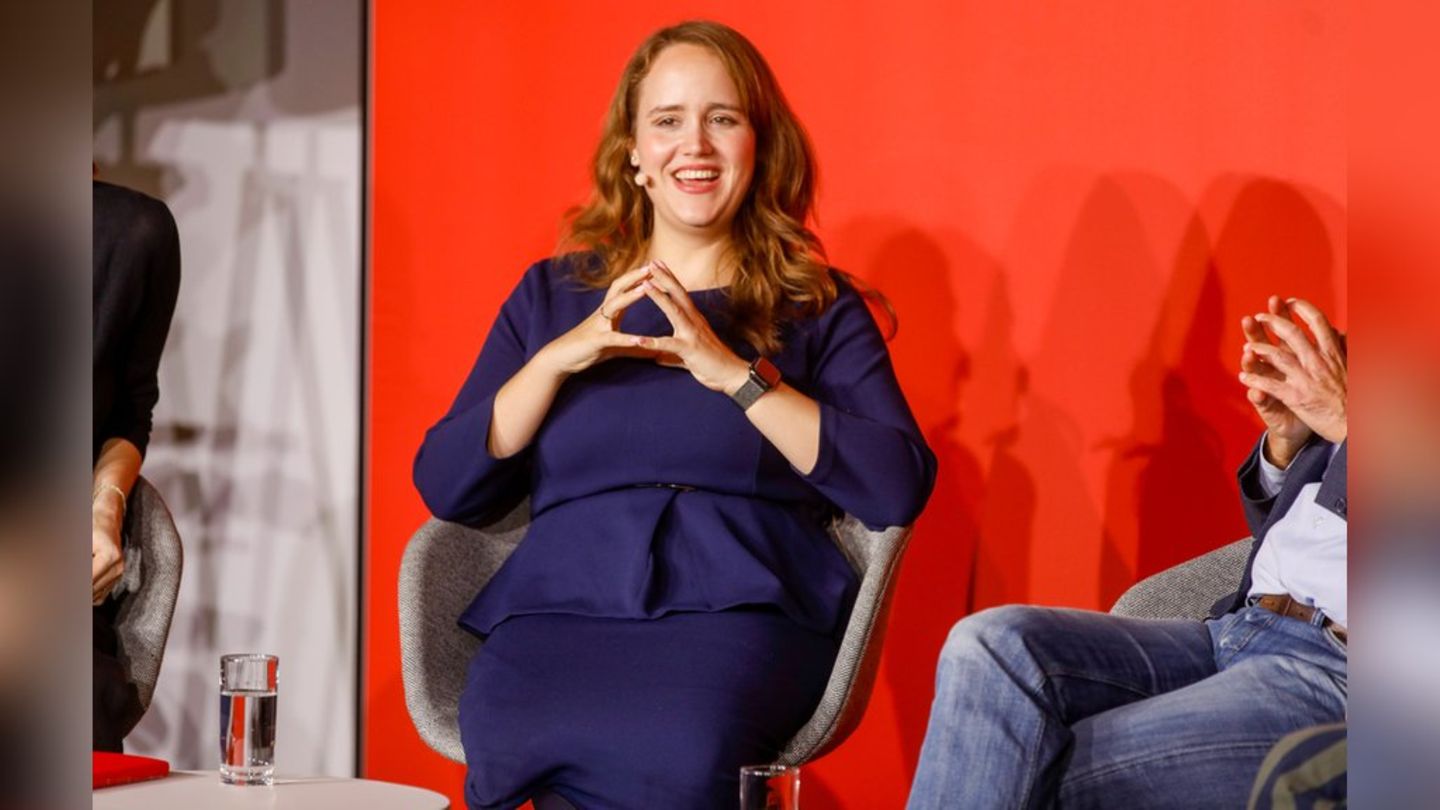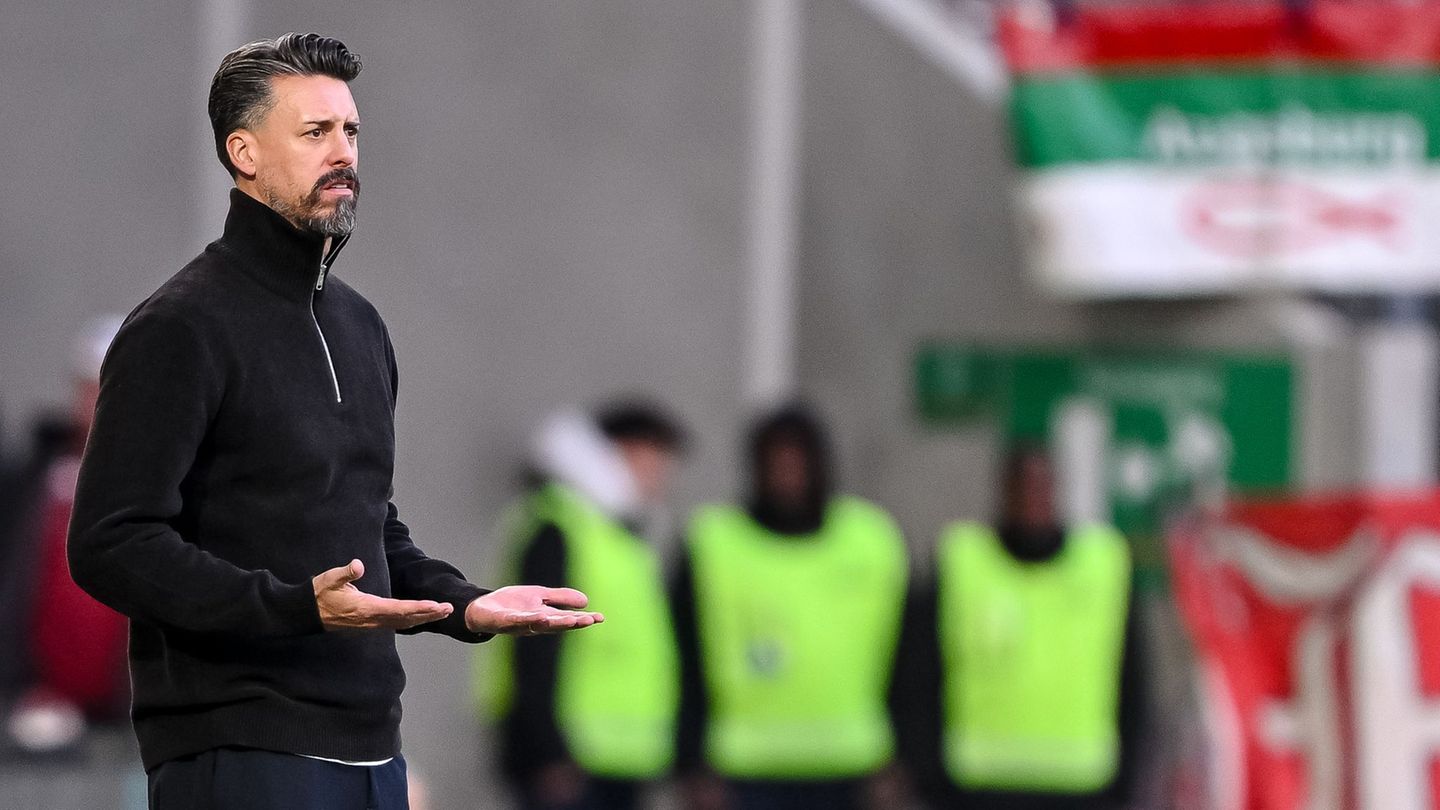I have been working in the news industry for over 6 years, first as a reporter and now as an editor. I have covered politics extensively, and my work has appeared in major newspapers and online news outlets around the world. In addition to my writing, I also contribute regularly to 24 Hours World.
Menu
Election campaign: Green Party leader invites Merz for a beer
Categories
Most Read
Sunday trend: Almost half believe there will be a premature collapse of the government
October 26, 2025
No Comments
Asean and APEC summit: Trump in Asia: peace agreement and meeting with Xi
October 26, 2025
No Comments
Donald Trump only wants to meet Putin once a deal is secure
October 26, 2025
No Comments
Trump mediates: Cambodia and Thailand make peace
October 26, 2025
No Comments
War in Ukraine: 3 dead and 29 injured reported in drone attack on Kiev
October 26, 2025
No Comments
Latest Posts

Politician Ricarda Lang lost 40 kilos: “I like my body because it is strong”
October 26, 2025
No Comments
Lisa HarrisI am an author and journalist who has worked in the entertainment industry for over a decade. I currently work as a news editor

Auto industry: The current Porsche boss sees the sports car manufacturer as robustly positioned
October 26, 2025
No Comments
Auto industry The current Porsche boss sees the sports car manufacturer as robustly positioned Copy the current link Add to wishlist Blume speaks of a

Bundesliga: “We can do it”: Wagner has no doubts after the 6-0 lesson
October 26, 2025
No Comments
PierceI am Pierce Boyd, a driven and ambitious professional working in the news industry. I have been writing for 24 Hours Worlds for over five
24 Hours Worlds is a comprehensive source of instant world current affairs, offering up-to-the-minute coverage of breaking news and events from around the globe. With a team of experienced journalists and experts on hand 24/7.

